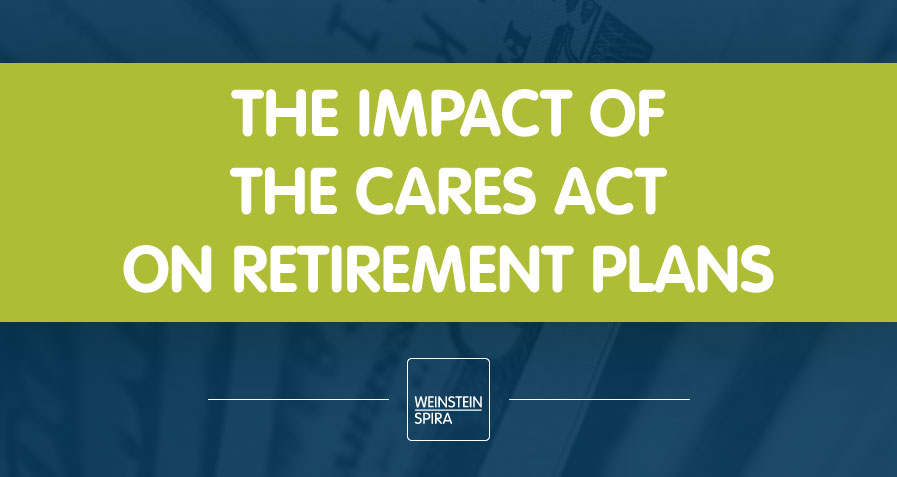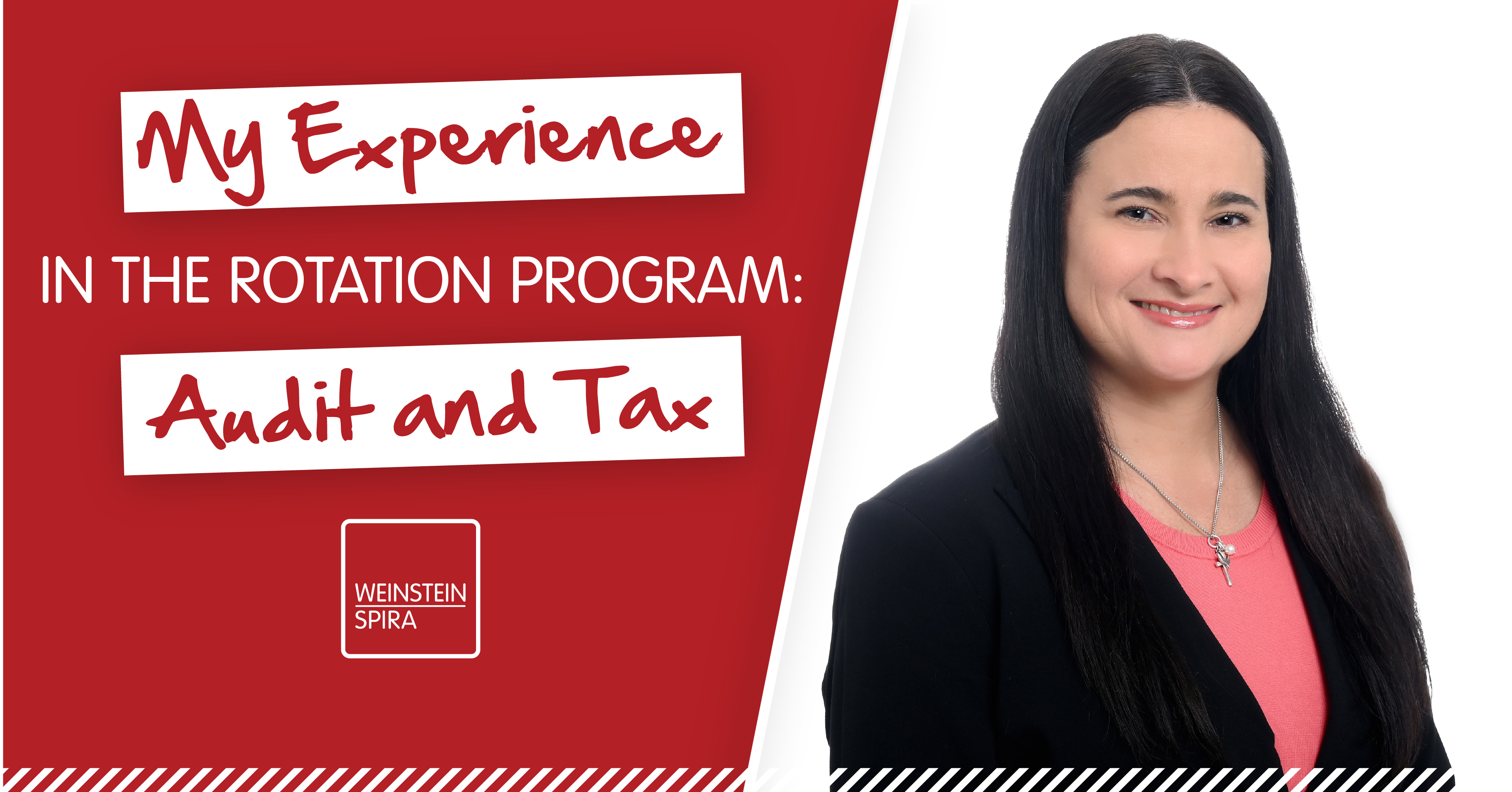The Coronavirus Aid, Relief, and Economic Security Act (CARES Act) became law on March 27, 2020. The CARES Act provides financial relief to individuals and businesses impacted by the COVID-19 pandemic and contains several provisions that affect retirement plans. The key provisions include:
Special Qualifying Coronavirus-Related Distributions from Retirement Plans
The CARES Act allows qualified retirement plans to provide a special in-service distribution option to qualified individuals affected by COVID-19 from January 1, 2020 through December 31, 2020. These distributions are eligible for the following special rules:
Expanded Funding Sources. These distributions may be up to $100,000 (must take into account all distributions to the participant from all plans sponsored by the employer and its controlled group members) and can be funded from all contribution sources within a plan.
Penalty-Free Withdrawals. Under current regulations, qualified plan participants who take a withdrawal from the plan prior to attaining age 59-½ are subject to a 10% additional federal income tax under the Internal Revenue Code. The CARES Act waives this early withdrawal tax for a coronavirus related distribution to a qualified individual.
Qualified Individuals. A participant is a qualified if:
-
-
- the participant, the participant’s spouse or the participant’s dependent (as defined in Code Section 152) is diagnosed with COVID-19 and
- the participant experiences adverse financial consequences as a result of one or more of the following:
-
-
-
- being quarantined,
- being furloughed, laid off or having work hours reduced due to COVID-19,
- being unable to work due to lack of child care caused by COVID-19
- closing or reduction of hours of a business owned or operated by the individual due to COVID-19 or
- other factors as determined by the Secretary of the Treasury.
-
Withholdings and Repayment. The CARES Act provides participants with the following additional tax relief:
-
-
- distributions will not be subject to the mandatory 20% withholding tax,
- participants may choose to have distributions included in taxable income over a three-year period rather than all at once, and
- participants can repay distributions to the plan over a three-year period, without such repayment counting against the annual limit on plan contributions.
-
Self-Certification. Under the CARES Act, a plan administrator may rely on the participant’s certification that he or she meets the requirements for one of these special qualifying coronavirus-related distributions.
Plan Loans
Under the CARES Act, a plan sponsor can elect to make the following changes to their qualified retirement plan’s loan rules as they apply to qualified individuals affected by COVID-19:
Increase in Amount. For loans taken during the 180-day period beginning on the date of enactment of the CARES Act, the maximum permissible loan amount increased from the lesser of $50,000 or 50% of a participant’s vested account balance to the lesser of $100,000 or 100% of the participant’s vested balance.
Deferral of Repayments. The CARES Act permits the deferral of scheduled repayments on outstanding loans, including loans taken following the enactment of the CARES Act, which would have otherwise been due this year, for an additional year. Additionally, the repayment schedule for remaining amounts that are due will be adjusted appropriately.
Required Minimum Distributions from Retirement Plans and IRAs
Prior to the CARES Act, individuals were required to take a required minimum distribution (RMD) from their retirement plans beginning at age 72 (or age 70-½ for those individuals who turned 70 ½ on or before December 31, 2019). The CARES Act temporarily waives this requirement for the 2020 calendar year. This waiver applies to both 2019 RMDs that need to be taken by April 1, 2020 (where the individual attained age 70-½ in 2019) and 2020 RMDs. The CARES Act also allows amounts subject to the RMD rules in 2020 to be rolled over to IRAs or other eligible retirement plans.
Plan sponsors that administratively adopt any of these changes will have until the last day of the plan year beginning on or after January 1, 2022 to amend their plans to align with the plan’s operations. We recommend plan sponsors contact their third party administrator as soon as possible to ensure that all required actions are taken.
Delayed Funding for Single Employer Pension Plans
In general, employers that sponsor defined benefit pension plans must make minimum required contributions to those plans either annually or quarterly. The CARES Act allows plan sponsors to delay making required minimum contributions that would otherwise be due from the date of enactment of the CARES Act through December 31, 2020. Instead, such contributions must be paid to the plan by January 1, 2021. Employers that take advantage of the delay will be required to increase the amount of the contribution by an interest accrual amount to ensure the plan does not suffer a loss due to the delay.
Please contact Denise Woods, Weinstein Spira Director of Employee Benefit Plan Audits, with any questions regarding the impact of the CARES Act on retirement p



